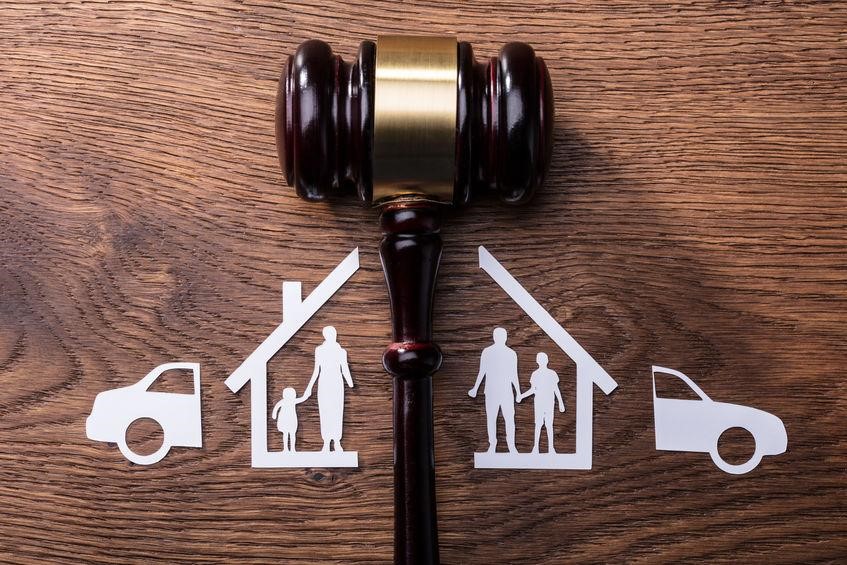 While we always encourage you to regularly revisit your estate planning documents, significant life events like divorce require immediate action.
While we always encourage you to regularly revisit your estate planning documents, significant life events like divorce require immediate action.
Spouses tend to name each other as fiduciaries in their estate planning documents. Changing these designations as soon as the relationship is over will help to avoid conflict between new spouses and blended families down the line.
Gaslowitz Frankel partner LeAnne Gilbert has observed many disputes involving outdated trustee designations following a divorce.
What is a trustee?
The trustee is the person (or institution) who is selected by the person who creates a trust (often called the “settlor” or “grantor”) to administer the trust. The trustee becomes the legal owner of the trust assets and is responsible for managing and distributing those assets according to the terms of the trust.
A trustee’s duties can include deciding whether and how much money a trust should distribute to its beneficiaries, managing trust investments, preparing tax returns, and keeping beneficiaries updated on the status of the trust.
What happens if I don’t update my trustee designation after a divorce?
It may have made sense to name your spouse as the trustee when you were married because of shared children and goals. But after a divorce, you are unlikely to want your ex-spouse to continuing controlling investment and distribution decisions for your beneficiaries.
If you have not reviewed the fiduciary designations in your estate planning documents since your divorce, you should do so as soon as possible to ensure that your assets and estate plan are properly protected.
Have you found yourself in a will, trust, estate, or business dispute arising from a divorce? Contact us at 404.892.9797.
Gaslowitz Frankel LLC is Georgia’s premier fiduciary litigation law firm. Our legal team specializes in all aspects of fiduciary disputes, representing individuals, executors, trustees, investors, shareholders, and financial institutions in complex fiduciary disputes involving wills, estates, trusts, guardianships, businesses, investments, and securities.





